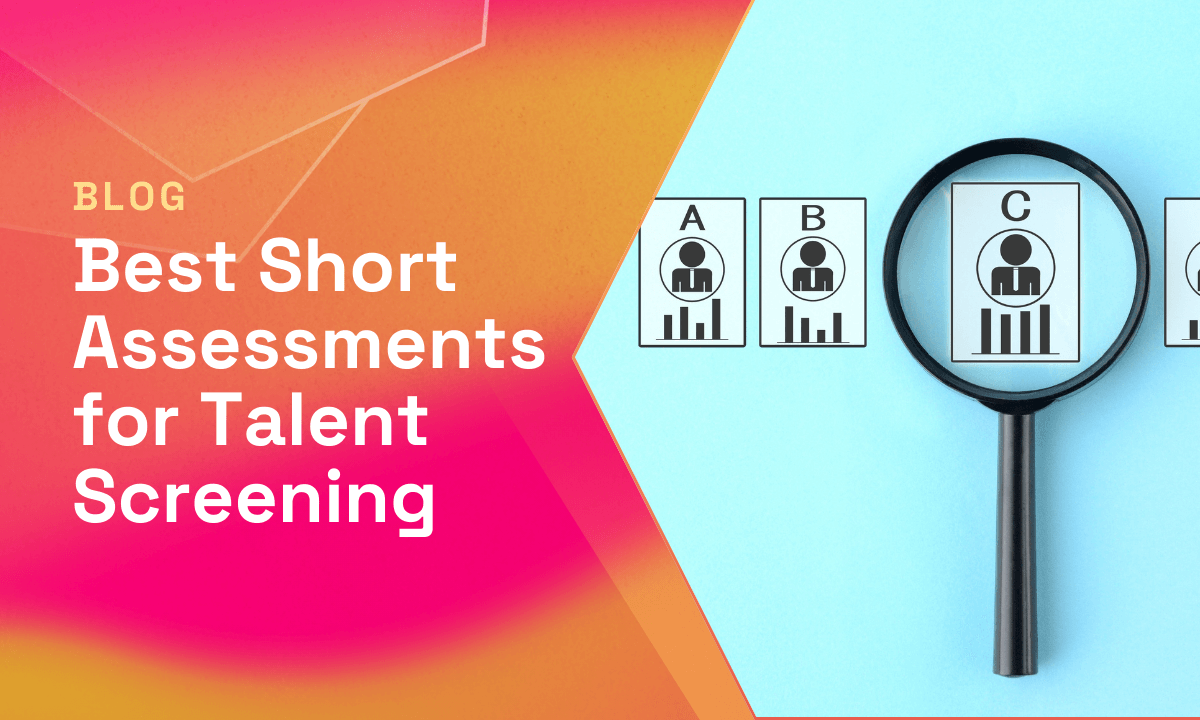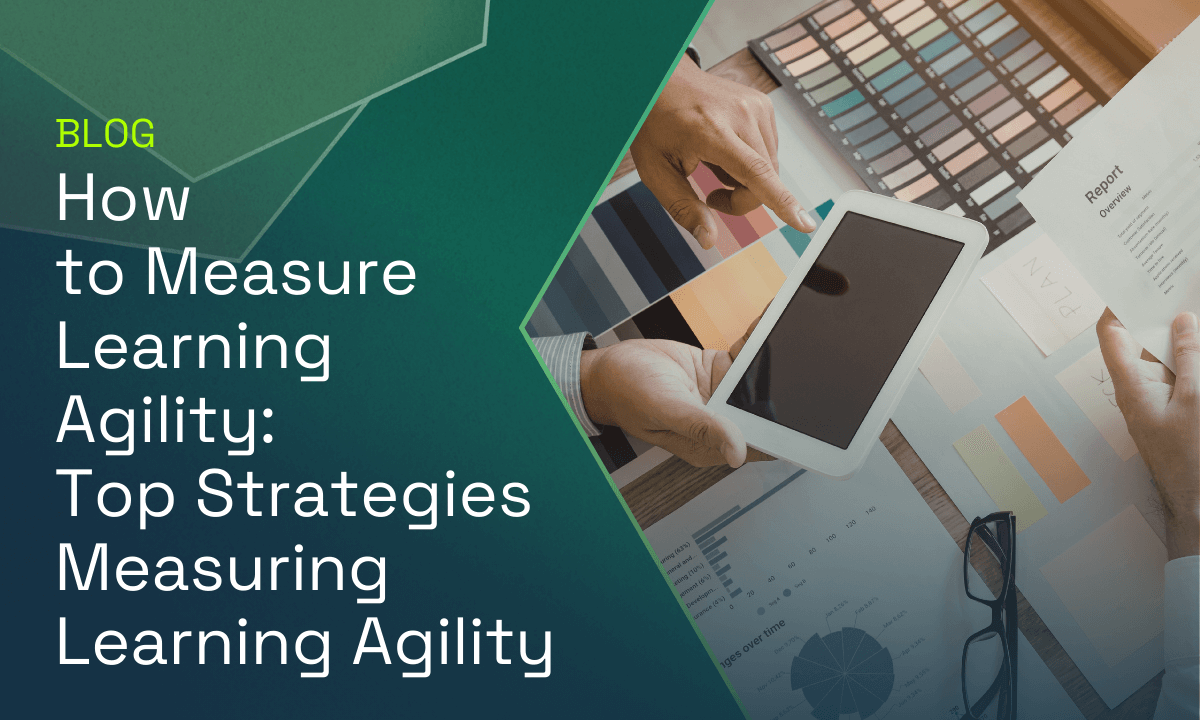5 Key Competencies for Effective Leadership
The importance of effective leadership development cannot be overstated. In the contemporary landscape, leadership goes beyond the confines of traditional management skills. Leaders must possess a diverse set of competencies to build strong connections with their teams and drive success for an organization.

Here are five key leadership competencies essential for creating thriving, collaborative workplaces:
- Self-awareness
Self-awareness is fundamental for effective leadership. Leaders who possess self-awareness understand their strengths, weaknesses, values, and emotions. By recognizing their own biases and limitations, they can make more informed decisions and cultivate authentic connections with their team members. Self-awareness also enables leaders to adapt their leadership style to different situations, fostering trust within the organization. - Empathy
Empathy is a critical competency for leaders to create a supportive and inclusive workplace. Leaders with high emotional intelligence (EQ) can understand and relate to the experiences and perspectives of their team members. By demonstrating empathy through active listening and understanding, leaders build trust, foster collaboration, and enhance employee well-being. - Inclusivity
Leaders who prioritize inclusivity recognize and value the unique contributions of each team member. They create an environment where all individuals feel respected, heard, and empowered to contribute their best work. By embracing diversity and promoting inclusivity, leaders foster innovation, creativity, and organizational success. - Effective Communication
Good leadership hinges on effective communication. By actively listening to employees, providing constructive feedback, and fostering open dialogue, leaders can build trust and clarity within the organization. Effective communication also enables leaders to convey their vision, goals, and expectations clearly. - Growth Mindset
Leaders who invest in their team's professional development demonstrate a commitment to their success and well-being. By providing opportunities for training, mentorship, and career advancement, leaders inspire loyalty, engagement, and high organizational performance.
Empowering Leaders
By cultivating the above leadership competencies, leaders can create collaborative and inclusive workplaces where employees feel valued, empowered, and motivated to achieve their full potential.
Developing leadership skills requires a deep understanding of oneself and others. With tools like Deeper Signals' personality assessments and data-driven feedback, leaders can gain valuable self-awareness. Deeper Signals helps leaders be more effective, improve relationships with their teams, and navigate challenges for organizational success.





























